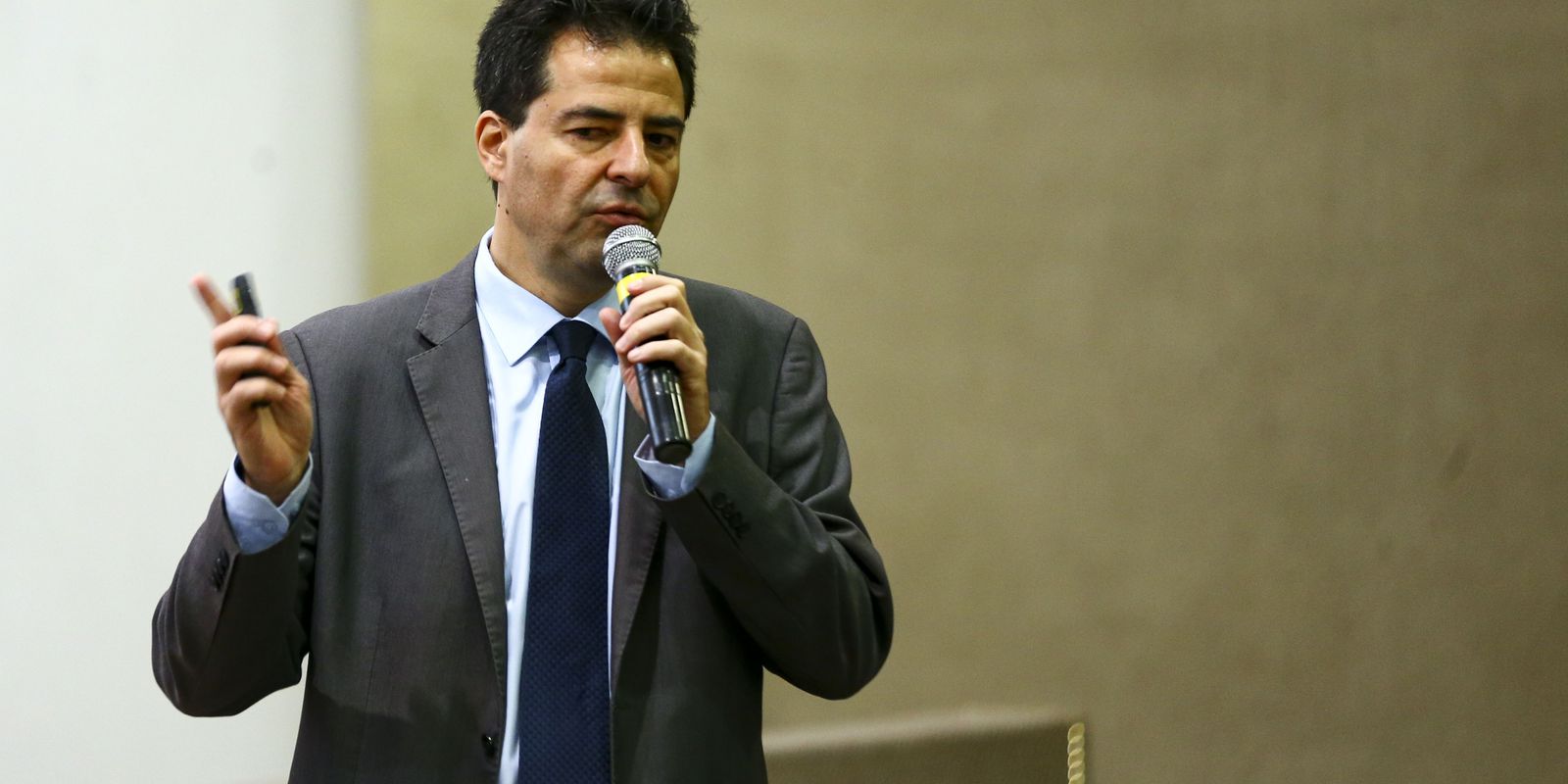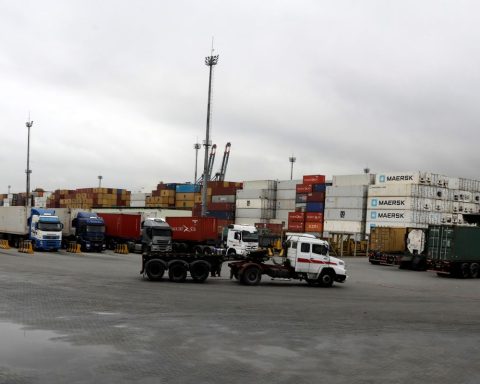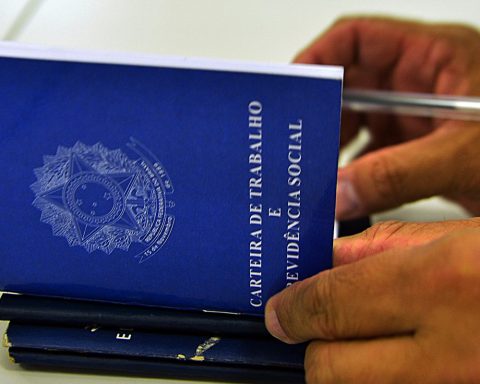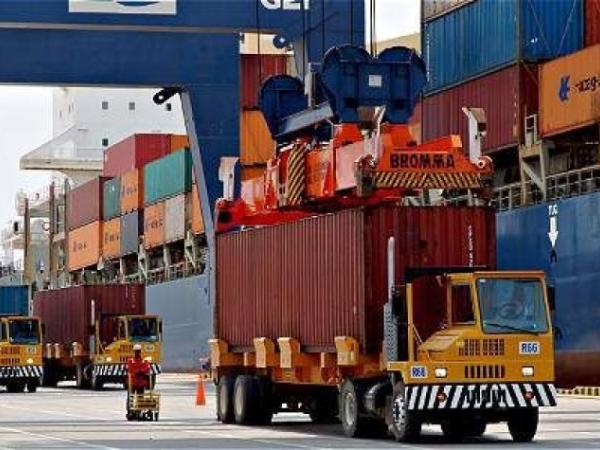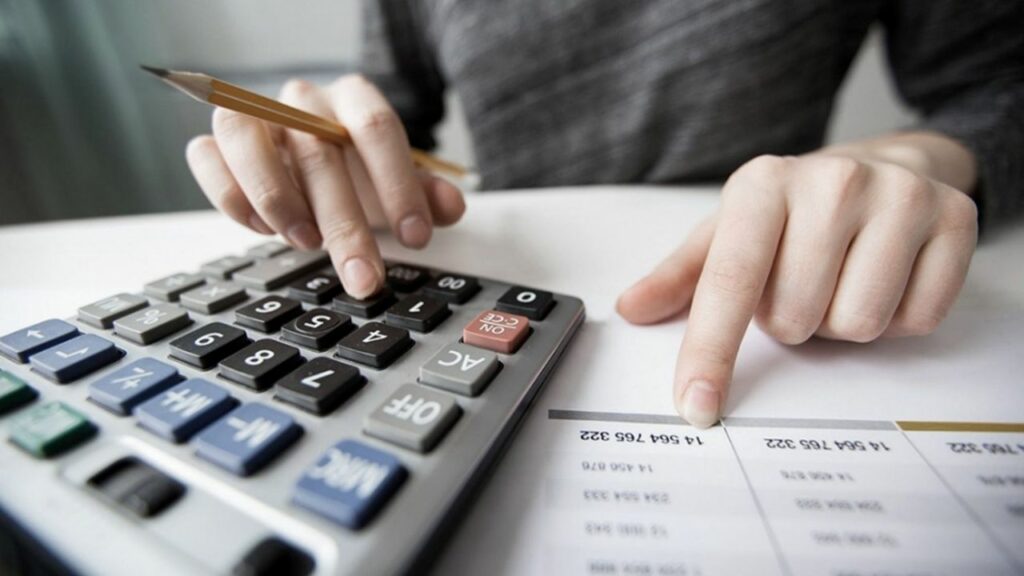The Minister of Mines and Energy, Adolfo Sachsida, said that Brazil needs to continue improving the laws and regulations that govern the country’s energy sector if it wants to attract foreign investors who, according to him, are looking for a “safe haven” where they can invest their resources with safety.
“A brutal reallocation of capital in the world is coming. Money is leaving Eastern Europe and Asia looking for a safe haven”, said the minister when presenting, today (8), 26 normative proposals discussed with representatives of associations and companies in the energy sector and regulatory agencies in mid-July .
“This is Brazil’s moment. We’re just not going to grow between 3% and 5% a year in the coming years if we don’t want to. Because the amount of international capital ready to invest in Brazil thanks to the legal frameworks that we have already approved and the legal security is in the trillions of dollars”, he said.
Sachsida took advantage of the event to take stock not only of her 7 months at the head of the ministry, but also of actions when she was responsible for the Economic Policy Secretariat of the Ministry of Economy.
“We had mistakes and successes. Let no one say that [herdou] scorched earth; who is receiving a cursed inheritance. This government is leaving a blessed legacy for the next government. Whether on the fiscal and economic side, whether on the energy, mining, oil, gas and agriculture side,” said the minister.
Transition
The technical group of the transition team of the next government declared today that electricity consumers will have to pay an increase of approximately R$500 billion due to a series of actions adopted by the current government, such as the privatization of Eletrobras and a loan of R$23 billion to the electricity sector.
“Today we have a phenomenon. The cost of generating electricity is very cheap, our sources are cheap, we have good natural resources, but the tariff that the consumer pays is exorbitant, one of the most expensive in the world”, said the executive coordinator of the group, Mauricio Tolmasquim, to mention the creation of subsidies for the sector.
In November, the National Electric Energy Agency (Aneel) released a survey pointing out that Brazilian consumers had already paid, since the beginning of the year, R$ 25.8 billion in subsidies included in taxes on the electricity bill, an amount equivalent to 12.59% of the average residential tariff.
The Minister of Mines and Energy criticized the subsidies, stating that, if the current situation continues, “everyone will die hugging”.
Sachsida also pointed out the need to reduce taxes on the electricity bill. “A 30% tax is not only inefficient, it also generates a brutal exponential deadweight loss. Cheaper energy is good for generating jobs and income, not just for consumers. A beauty salon that spends R$ 3,500 on energy starts to spend R$ 2,000, this savings is money left over for investments, generating more income in the future, more jobs”, explained Sachsida, adding that the current government acted to reduce taxes in the energy area and that this is a fundamental measure that needs to be maintained.
Mining
While defending the increase in the use of renewable energy sources, Sachsida pointed out the growth potential of mining, an activity that, according to him, in 2019 accounted for only 2.4% of the Gross Domestic Product (GDP).
“With little, we double the participation of mining in the GDP”, said the minister when criticizing what he classified as “pernicious narratives” that hinder the development of the sector.
“Does it make sense for Brazil to have stricter environmental standards than Canada, a country that respects the environment and local communities and, at the same time, is a success in terms of mining?”, questioned the minister, assuring that, unlike Despite the criticism that Brazil does not preserve its flora and fauna, as well as the quality of life of the population, the country is “an example of environmental leadership”.
“We are, today, what Germany wants to be in 15 years. 85% of our electricity comes from renewable sources against [a média de] 28% of the rest of the world. 47% of our energy matrix is renewable, against 14%, on average, in the rest of the world. 10% of Brazilian diesel is [composto por] biodiesel, while the expectation is that the world average of the mixture will reach 7% in 2040 alone”, said Sachsida, defending that Brazil receives for preserving resources and ecosystems dear to the entire world population.
“We need to be paid for this. It makes no sense that we are so much in environmental leadership and have to hear from the rest of the world that we are not leadership. I come from a school of economic thought that says if you defend, you pay. Does the world like to say that it values the Brazilian environment? Then buy a CPR [Cédula de Produto Rural] and transfer US$ 5 billion to the government of Amazonas as payment for environmental services”, suggested the minister.
THE Green CPR was created in April 2020 to reinforce the conservation and management of native forests and their respective biomes.
The summary of the 26 proposals that the Ministry of Mines and Energy claims to be an improvement of the legal frameworks that govern the sectors of electric power, oil, natural gas, biofuels and mining is available on the ministry’s website??
